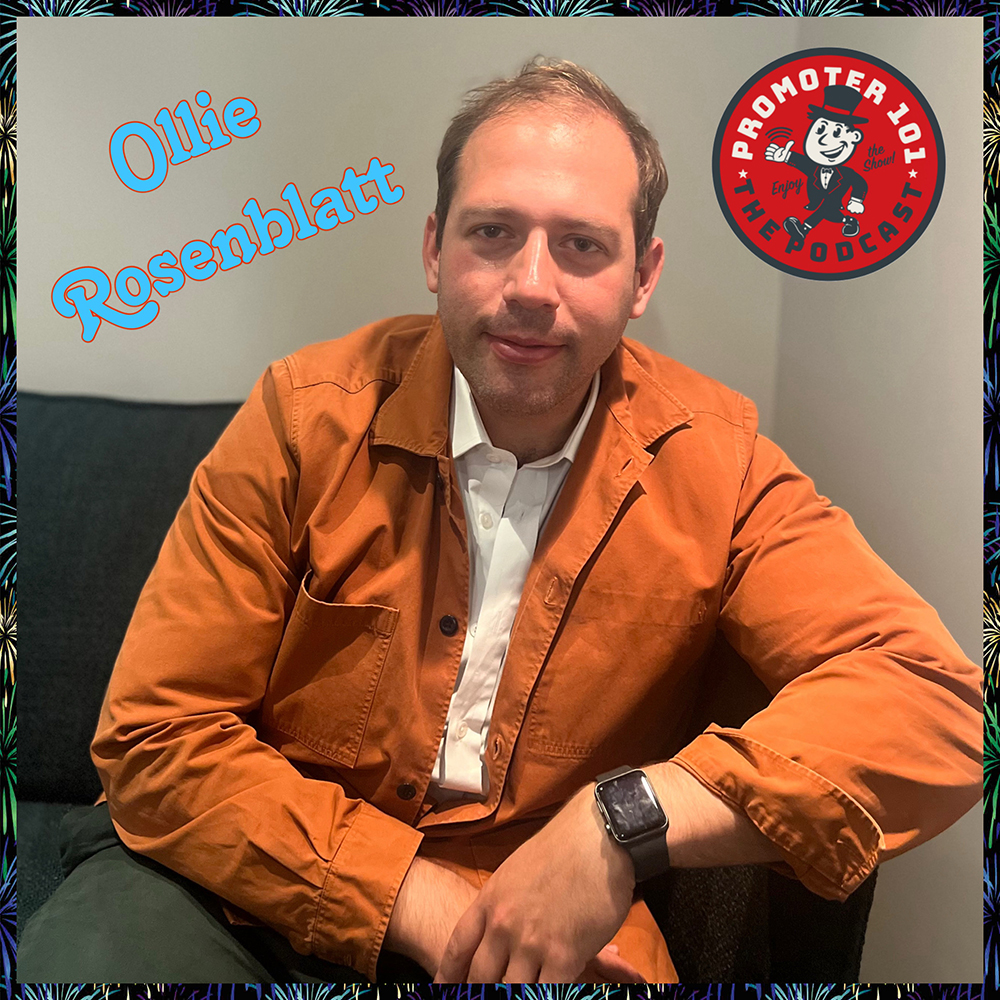
(Hypebot) – Although one would expect record labels to be happy that the TPP includes a provision extending the life of minimum copyright at the expense of the listening public, it seems they still not content, complaining that making alterations will be too costly to rights holders, says Mike Masnick.
Guest Post by Mike Masnick on Techdirt
Okay. I've heard lots of crazy arguments from the record labels, but I may have found the craziest. We've discussed how ridiculous it is that the TPP includes a provision saying that every country that signs on must make sure the minimum copyright term is life plus 70 years. This will impact many of the countries that negotiated the agreement, which currently have terms set at life plus 50. This was a key point that the recording industry and Hollywood fought hard for. When even the Copyright Office recognizes that life plus 70 is too long in many cases, the legacy industries recognized that getting copyright term extension through Congress in the US might be difficult — so why not lock stuff in via international agreements?
And, of course, the USTR was fine with this, because the USTR goes along with basically everything that Hollywood asks for. But here's the crazy part: having gotten such a ridiculous thing, the recording industry is whining about its own victory. As Kimberlee Weatherall points out, the recording industry in New Zealand is bitching about the fact that the change doesn't go into effect immediately because it's "too costly" for copyright holders.
That's because the TPP has a "phase-in period" that allows countries to adjust and gradually move copyright terms upwards. But the record labels are having none of that:
Meeting before a parliamentary committee this week, Recorded Music chief executive Damian Vaughan said his advocacy group supports an article in the TPP deal that standardizes the terms of protection of a work to the life of an author plus 70 years. (New Zealand is one of several participating nations that currently has a term of 50 years after death.) However, Vaughan thinks a proposed phase-in period for nations upgrading to 70 years is unnecessary and a costly burden for rights holders.
"It's not making copyright simple or easy to understand to the music user or the public whatsoever," he said, according to RadioNZ. "It is making the process significantly more complicated, and it's the rights organizations and the copyright holders who will be forced to administer this… We note the cost we incur will be far higher than any perceived cost savings."
Now, think about what Vaughan is really saying here. Let's be clear: copyright term extension is deliberately removing these works from the public domain. When they were created, a deal was struck between the public and the content creator. That deal said "this work goes into the public domain, but to give you incentive to create it in the first place, we'll give you some limited exclusive rights for this amount of time." That's the deal that was struck. But, now, with copyright term extension, that deal gets thrown out, screwing over the public. They don't get anything back despite the fact that material that was destined for the public no longer is. So there's a massive cost to the public and no payment whatsoever. That's problematic alone.
And to make things even more obnoxious, Mr. Vaughan is whining that not being able to fuck over the public fast enough is unfair because it puts too much "cost" on the record labels? REALLY? Boo fucking hoo. You were the ones who pushed for extending copyright terms, and now you want to whine that it might be too costly to administer the process? Fine, fuck it. Let's just toss out the extension and maybe consider decreasing copyright terms overall. That'll give the record labels a lot less to administer, saving them lots and lots of money. Oh, and also giving the public what they were promised. Seems like a good deal all around.
























































